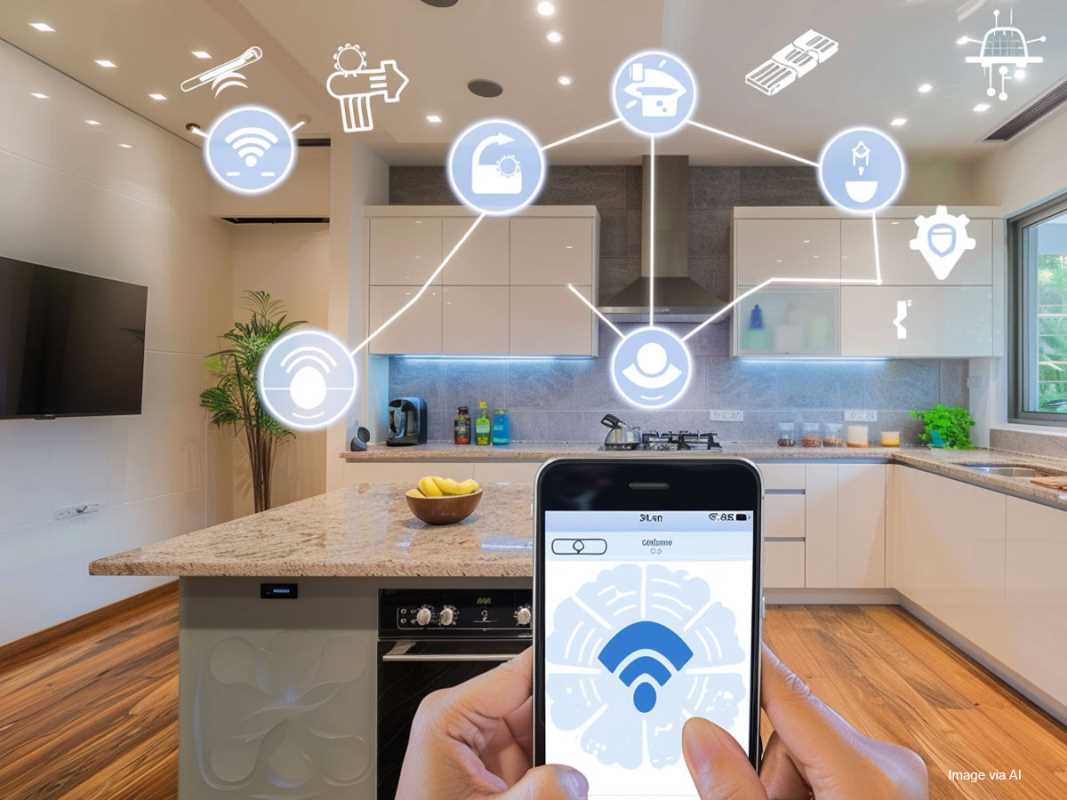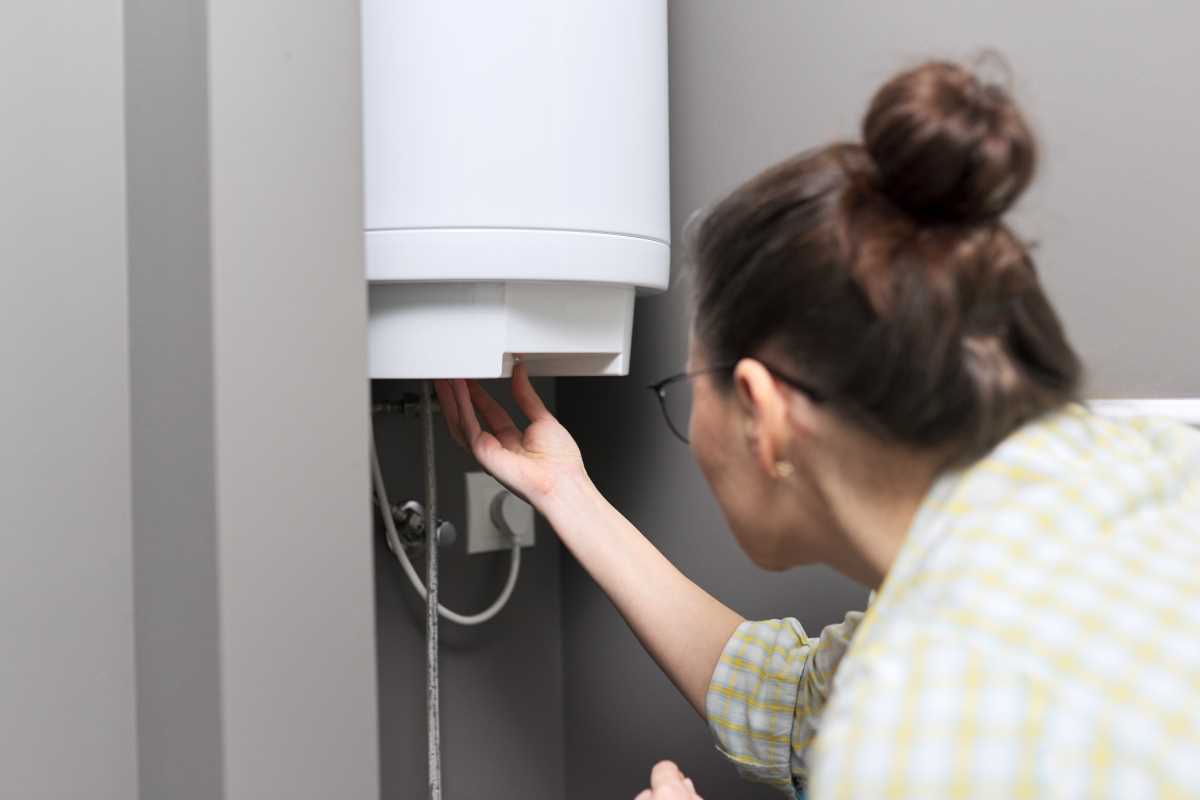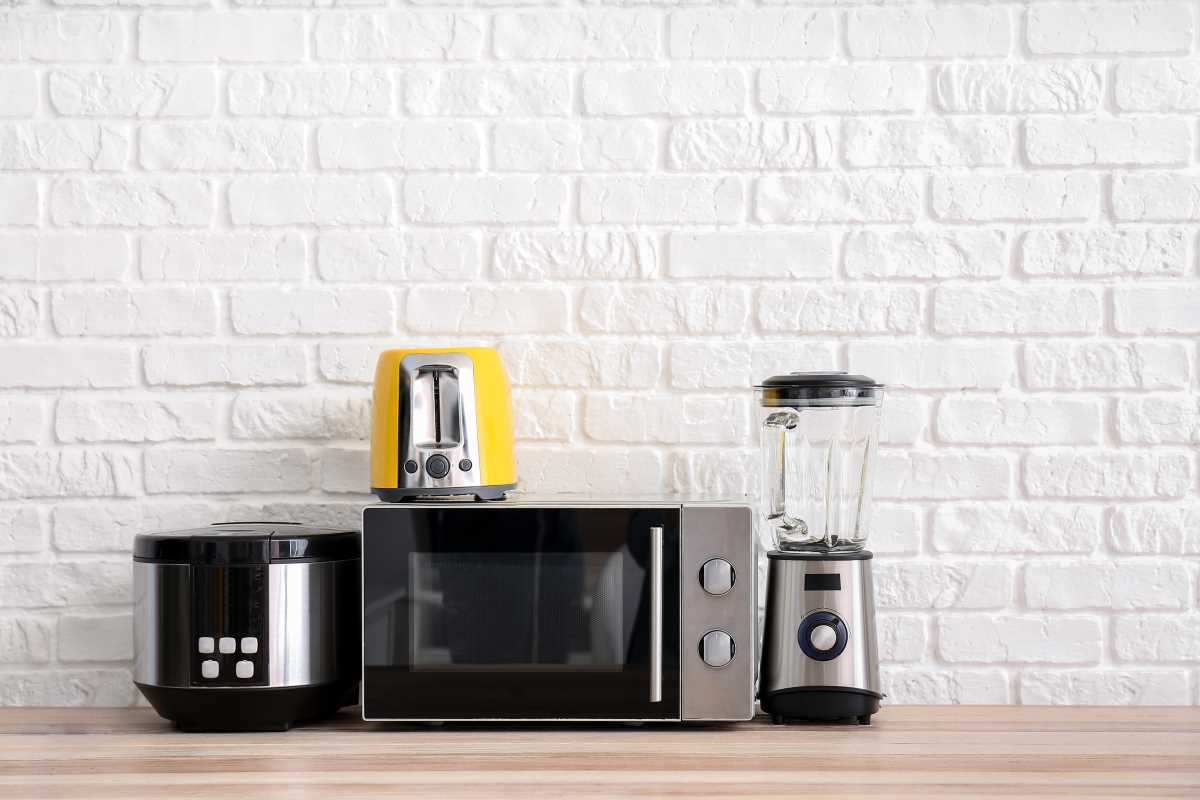Setting up a new home often centers around the kitchen, where daily routines begin and end. Choosing the right appliances not only shapes your cooking experience but also affects your monthly expenses. Selecting models that carry the ENERGY STAR label ensures lower energy consumption, which means you can reduce utility costs without sacrificing performance. Every meal prepared and every cup of coffee brewed becomes more efficient when your appliances work in harmony with your needs. Consider how you use your kitchen each day—whether you cook elaborate meals or prefer quick snacks—and let those habits influence your appliance selections for a practical and comfortable living space.
Best Energy-Saving Refrigerator Options
Here are a few fridges that combine good performance with low power consumption:
- Samsung Family HubUses digital inverter compressor for steady cooling.
- Offers a slim ice maker that frees up shelf space.
- Features smart sensors that adjust cooling to food load.
- LG InstaViewKnocks twice on the door to see inside without opening.
- Maintains temperature with DoorCooling+ vents.
- Consumes about 10% less energy than similar models.
- Bosch 800 SeriesIncludes VitaFresh compartments to keep produce fresh.
- Relies on the Home Connect app for remote temperature control.
- Operates quietly around 39 decibels.
Look for top-mounted freezers to avoid trapped cold air. Check door seals every few months. Fix gaps to prevent power drains.
Efficient Cooking Appliances: Stoves and Ovens
Choose a stove or oven that reduces energy waste so you can cook well and save money. Gas ranges heat up quickly, but induction cooktops heat pans directly. Most energy goes into your food and not the surrounding air. Electric ovens with convection fans cook evenly at lower temperatures.
- Advantages of induction:
- Heats quickly and changes temperature fast.
- Has a flat surface that's easy to clean.
- Makes the kitchen cooler.
- Disadvantages of induction:
- Requires magnetic cookware.
- Costs more upfront.
- Advantages of convection ovens:
- Cooks food faster.
- Uses about 20% less energy.
- Provides even browning.
- Disadvantages of convection ovens:
- May dry out some dishes.
- Requires some learning on temperature settings.
Match burner size to your cookware. Use lids on pots to trap heat. Preheat only when necessary to save energy and cut down on your bills. Keep coils and fans clean to ensure they work efficiently.
Smart Dishwashers and Their Benefits
Dishwashers can save water compared to handwashing if you select the right model. Look for soil sensors that adjust cycle length based on how dirty your dishes are. Skip the heated dry option and open the door after the final rinse to let dishes air dry.
Find models that offer half-load options. That saves water when you only have a few dishes. Run your dishwasher during off-peak hours, usually at night, when utility companies charge less. This simple change can lower your monthly bills.
Choosing the Correct Size and Capacity
Measure your space before purchasing. A fridge that is too large wastes energy cooling empty space. A stove that is too small limits your cooking options. Check clearances, door swings, and electrical outlets beforehand.
Consider your household size. Two people need less capacity than four. Look for adjustable shelves and removable bins. Flexibility allows you to store odd-shaped items. Avoid overstuffing, which restricts airflow and increases energy use.
Budgeting and Tips for Long-Term Savings
Set a clear budget that includes installation costs. Some appliances require special wiring or plumbing. Get written quotes to avoid surprises on move-in day.
Calculate how long it takes to recover your investment. If a fridge costs $200 more but saves $50 annually, you will recover the extra cost in four years. Consider your area's energy rates, as higher rates lead to faster savings.
Installation, Maintenance, and Warranty Tips
Hire a licensed technician for major installations to ensure safe wiring and proper venting. This also helps keep your warranty valid. If you do the work yourself, follow the manual carefully and keep records of your work.
Clean filters regularly. Replace seals or gaskets when they show signs of wear. Run self-clean cycles on ovens and dishwashers. Check connections and tighten panels as needed. Regular maintenance now prevents larger repairs later.
Choose and maintain energy-efficient appliances like Fridges, Ranges, and Dishwashers to save money and improve comfort. Begin testing features and planning your shopping list now.
 (Image source: Midjourney)
(Image source: Midjourney) 





